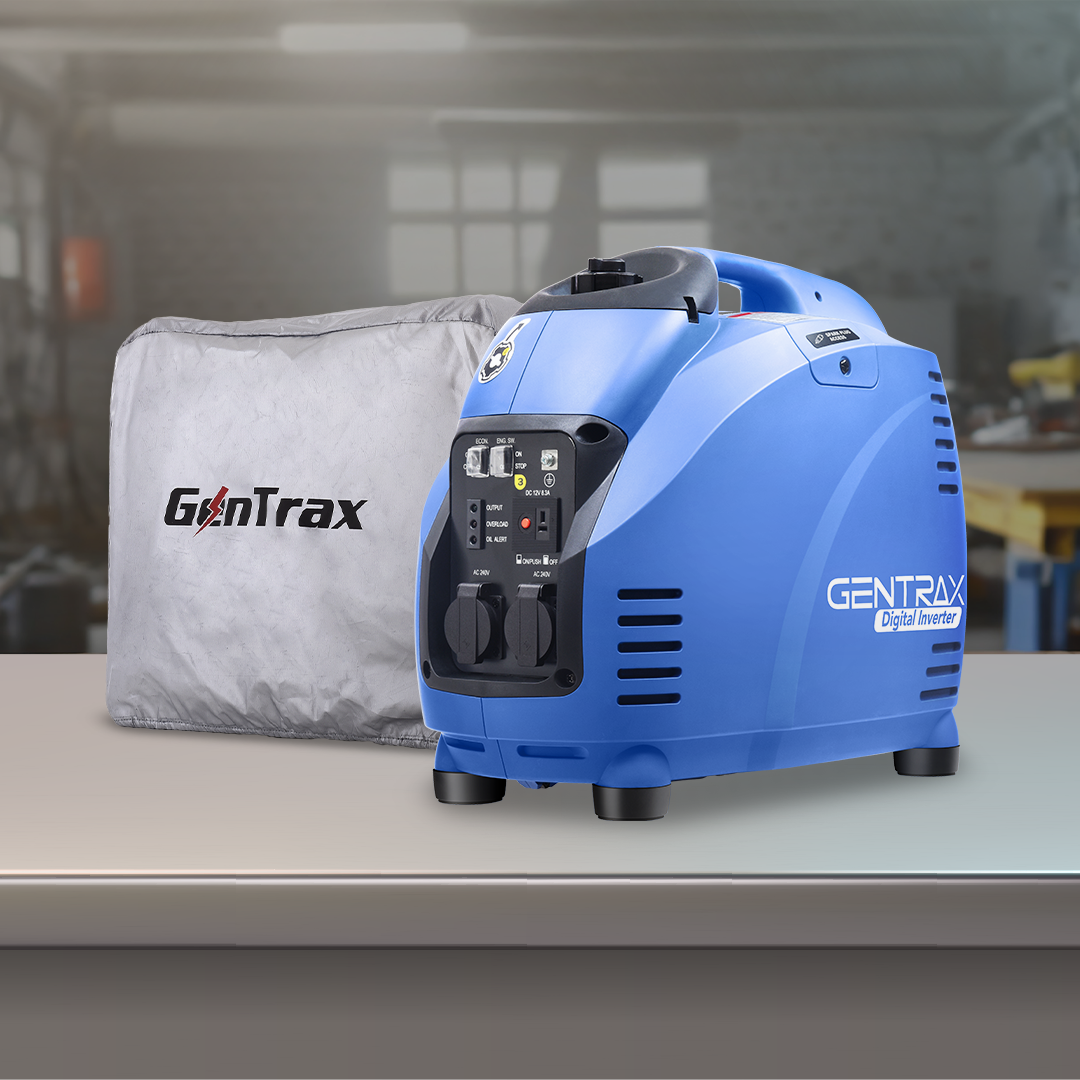Generators are essential for backup power, particularly in Australia, where extreme weather events such as bushfires, storms, and heatwaves frequently disrupt electricity supply. Whether used for home power backup, commercial applications, or outdoor adventures, a well-maintained generator ensures uninterrupted electricity when needed most. Regular servicing can prolong the life of a generator, but knowing when to repair or replace it is crucial. This article, grounded in expert insights and industry best practices, explores key considerations to help you make an informed, cost-effective decision.
Understanding the Lifespan of a Generator
The lifespan of a generator depends on various factors, including frequency of use, maintenance quality, and environmental conditions. On average, petrol generators last between 1,500 to 3,000 running hours, translating to 10-15 years with proper care. Routine servicing, correct storage, and responsible operation can extend a generator’s longevity. Gentrax generators, known for their robust construction and reliability, offer extended durability when maintained correctly.
Signs Your Generator May Need Repair
Several signs indicate that your generator may require professional repair. Overheating or unusual noises can suggest mechanical faults or cooling system issues that may worsen if left unchecked. If your generator experiences inconsistent power output, such as voltage fluctuations or unsteady operation, this could be due to electrical faults that require immediate attention.
Fuel system problems are another red flag. Increased fuel consumption, leaks, or clogged fuel filters often signal underlying issues that, if ignored, could lead to costly repairs or even a complete breakdown. Startup failures are also common—difficulty starting or frequent shutdowns may indicate problems with the battery, ignition system, or wiring.
Additionally, excessive exhaust emissions should not be overlooked. If you notice increased smoke or strong fuel odours, your generator may be experiencing internal engine wear, which can reduce efficiency and longevity. If your generator exhibits any of these symptoms, consulting a certified technician promptly can prevent minor issues from developing into costly breakdowns.
When to Consider Generator Replacement
Although repairs can address many generator issues, replacement may be the better long-term solution in some instances. If your generator experiences frequent breakdowns, requiring constant servicing and expensive repairs, investing in a new unit might be more cost-effective. Older generators lose efficiency over time, leading to increased fuel consumption and higher operational costs. Additionally, excessive noise and vibrations can indicate that internal components are wearing out, making continued use impractical.
As technology evolves, newer generator models have improved efficiency, enhanced safety features, and lower emissions. If your current generator lacks modern functionalities or replacement parts are expensive and hard to find, upgrading to a new model could be a more practical choice. A generator that no longer meets your power requirements or struggles to deliver consistent output should also be considered for replacement. Evaluating these factors can help you determine whether continuing to repair your generator is viable or if a replacement is the wiser long-term investment.
Gentrax Generators: A Reliable Solution
Gentrax is a well-regarded brand in the portable power industry, providing high-quality inverter generators and LiFePO4 batteries. Designed for outdoor and backup power use, Gentrax generators are known for their lightweight design, quiet operation, and fuel efficiency. With cutting-edge technology and safety-focused engineering, Gentrax products deliver reliable and long-lasting performance, making them a trusted choice among Australian consumers.
Making the Decision: Repair vs. Replace
Deciding whether to repair or replace a generator requires evaluating several key factors. If the generator is nearing the end of its expected lifespan, replacement is often more cost-effective. If repair expenses exceed 50% of the cost of a new generator, replacing it may be the wiser investment. Newer models offer better efficiency, quieter operation, and environmentally friendly designs.
Older generators may also produce more emissions, making a new energy-efficient model a greener choice. For those uncertain about the best course of action, seeking professional advice can provide clarity and long-term cost savings.
Conclusion
A reliable generator ensures continuous power supply for home, business, or outdoor use. Regular maintenance extends its life, but when frequent repairs become costly, or inefficiencies arise, replacing the unit may be more economical and practical. Gentrax generators offer advanced technology, fuel efficiency, and enhanced safety features, ensuring dependable backup power solutions. Explore Gentrax’s various generators to find a reliable, long-lasting power solution tailored to your needs.
Frequently Asked Questions
How long can a generator run continuously?
Most generators can run continuously for 8-12 hours, depending on fuel tank size and load capacity. Some industrial models can operate longer with appropriate refuelling and cooling intervals.
How often should I service my generator?
Routine maintenance is recommended every six months or after 100 hours of use. An annual check-up is advisable for standby generators to ensure reliability.
What are the signs my generator needs repair?
Common signs include difficulty starting, excessive noise, voltage fluctuations, increased fuel consumption, and visible leaks or smoke from the exhaust.
How much does it cost to install a generator?
Installation costs vary depending on the generator's size, type, and setup requirements. Prices typically range from AUD 500 to AUD 3,000, including professional installation and necessary electrical work.
